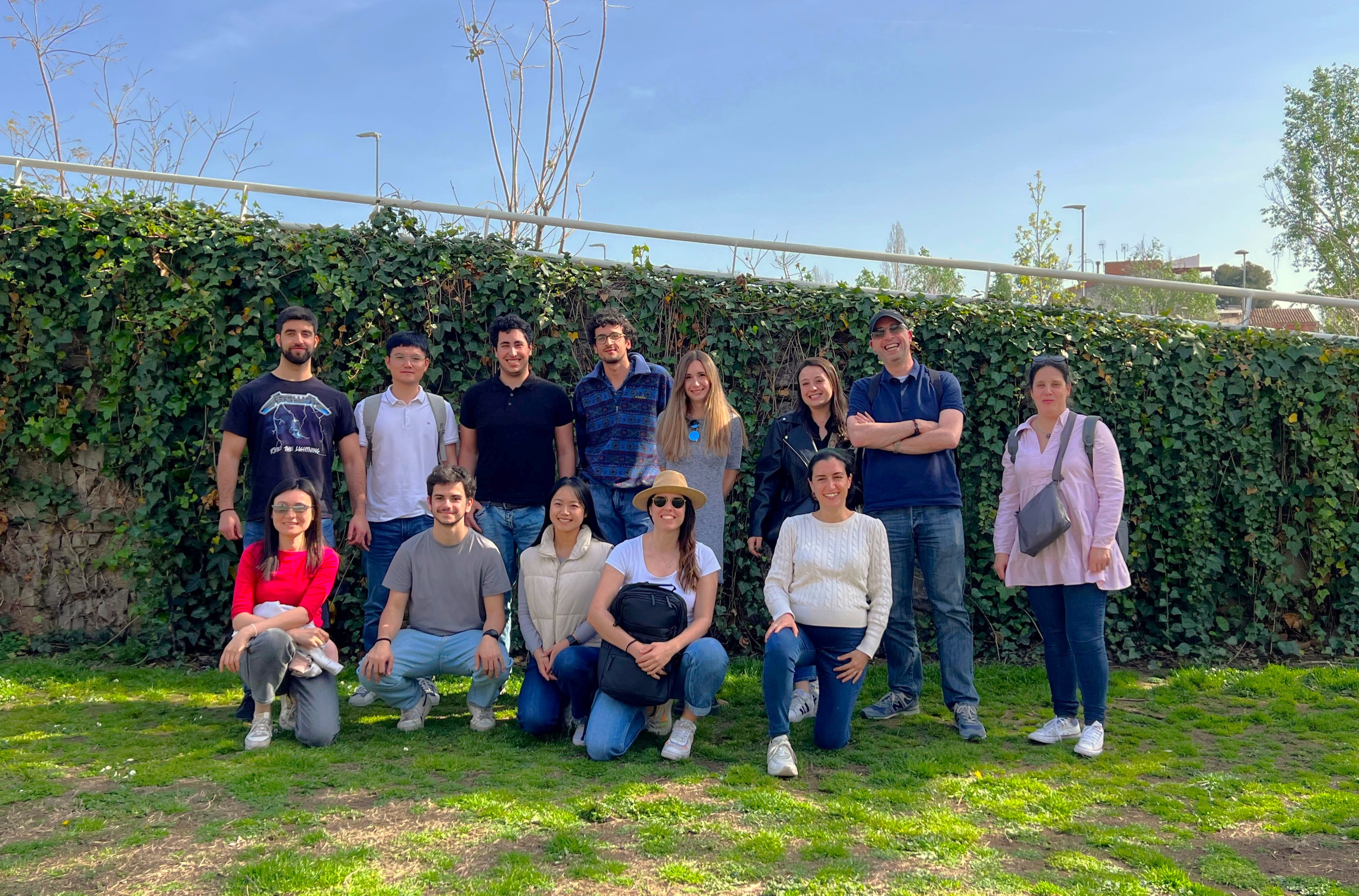Wednesday, 17 April 2024
ICREA Prof. Jordi Arbiol Achieves h-index of 100, a Milestone in Materials Science, Nanoscience and Nanotechnology
This accomplishment reflects his substantial contributions to scientific knowledge and underscores the impact of his work on advancing our understanding of materials and nanoscale phenomena.

Prof. Jordi Arbiol, leader of the Advanced Electron Nanoscopy Group at ICN2, has recently reached an h-index of 100, as per the Google Scholar (GoS) database. This remarkable milestone underscores the significance of Prof. Arbiol’s research in the fields of Materials Science, Nanoscience and Nanotechnology. Notably, he stands as the sole Materials Science researcher in Spain to attain such a high h-index while being below the age of 50, and he is also the first at ICN2 to achieve this distinction.
About the h-index
The h-index is a tool used to assess the scientific output of a researcher. More precisely, it allows quantifying the citations received by diverse publications. In this specific case, reaching a value of 100 in the h-index indicates that the author has 100 articles with at least 100 citations in each of them.
Electron Microscopy, the key to understanding nanomaterials
Prof. Jordi Arbiol’s group research lines are focused on the utilization of advanced electron microscopy techniques to understand the nature and behaviour of different types of nanostructures at the atomic level. He currently has over 500 peer-reviewed publications and, according to the Google Scholar (GoS) database, his articles have more than 31,600 citations.
Furthermore, Arbiol is Executive Board Member of the International Federation of Societies for Microscopy (IFSM), former President of the Spanish Microscopy Society (SME), Founding Member of the European Distributed Research Infrastructure for Advanced Electron Microscopy (e-DREAM), Scientific Coordinator of the Joint Electron Microscopy Center at ALBA Synchrotron (JEMCA) and Associate Editor of Nano Letters (ACS). He has received important recognitions such as the FWO Commemorative Medal in 2021, the BIST Ignite Award in 2018 and the 2014 EU40 Materials Prize (E-MRS).
ICN2, a reference in nanoscience and nanotechnology
This milestone demonstrates the quality of his publications and proves that the work carried out at ICN2 continues to produce remarkable results, positioning the institution as a reference centre in nanoscience and nanotechnology.

